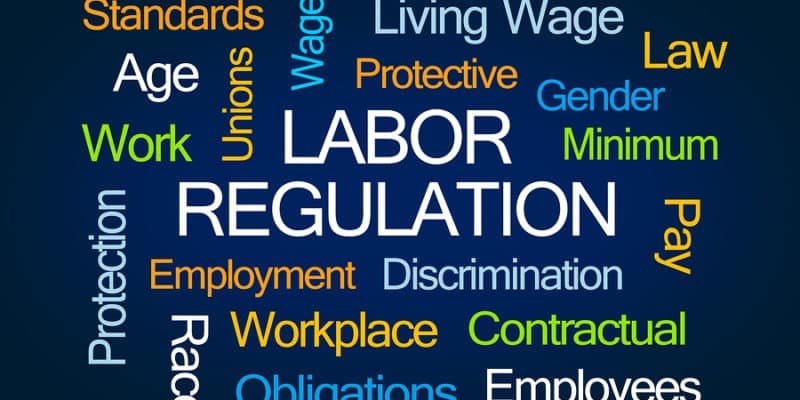Jan 16, 2020
As West Virginia continues to fall short on revenue collections, Gov. Jim Justice said his budget proposal is “very conservative” in his State of the State Address. But Justice missed an important opportunity in his speech to get ahead of budget shortfalls that would put students first, hire West Virginia workers and save taxpayers money.
Restoring the prevailing wage should be one of the tools state government uses to get West Virginia through the leaner times ahead. Since prevailing wage repeal, students have suffered from new schools not opening on time and with faulty school construction. This costs taxpayers dearly.
Taxpayers have lost millions of dollars from the repeal of prevailing wage. Multiple new school facilities must be redone or fixed using our government dollars. Contractors who benefit their own bottom line with shoddy school construction built by unskilled workers from out of state cost us local jobs and the state tax revenues from not having more West Virginians employed.
While taxpayers shell out money later this year to redo floors at two new schools in Fayette County, the governor and Republican leadership in the Legislature will be looking for ways to head off shortfalls with spending cuts. But government leaders should also look at the positive impact of bringing the prevailing wage back. This law will employ more West Virginians to build our schools and eliminate wasteful spending from “do overs” caused by poor school construction.
Charles Parker
President, West Virginia State Building and Construction Trades Council


